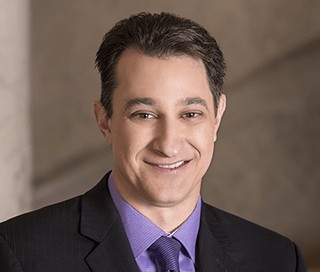



Bill description: SB 1274 would create a new Office of Administrative Hearings
Rating: -3
Does it create, expand, or enlarge any agency, board, program, function, or activity of government? Conversely, does it eliminate or curtail the size or scope of government?
This bill would create a new Office of Administrative Hearings, which would conduct hearings in contested cases that arise from the actions of various agencies. It would also create a new Chief Administrative Hearing Officer position and would create an advisory council to the Office of Administrative Hearings. In all, these additions are viewed as three separate legislative actions that add to the size of government.
(-3)
It is arguable that some existing agency functions — that of holding hearings in contested matters — would transfer to the new office, and therefore would be a reduction of agency power, scope, and function.
(+1)
Does it increase barriers to entry into the market? Examples include occupational licensure, the minimum wage, and restrictions on home businesses. Conversely, does it remove barriers to entry into the market?
This legislation would limit who could serve as the chief administrative hearing officer. The office must meet a minimum age standard (30), be a member of the state bar within a year of appointment, have a license to practice law, or have held a judicial appointment for five continuous years preceding the appointment.
(-1)
Analyst's note: It is easy to understand what this legislation is attempting to do: create an “independent” agency that would resolve disputes involving administrative rules and their enforcement. But this bill appears to be designed to create not just a minor office, but an office with significant policy oversight. See, for example, page 8, lines 23-31, which allow for the formation of “specialized subject matter divisions within the office of administrative hearings” and for hiring independent contractors. It is debatable whether government is capable of creating and maintaining “independent” oversight for the long haul. A better approach would be to reduce the number of regulations that the state must oversee and enforce, and not expand the size of government to administer the appeals process.


